
Polarized Training Pathway
In collaboration with Dr. Stephen Seiler, the “father of polarized training,” we have curated everything you need to know about the 80/20 training method.
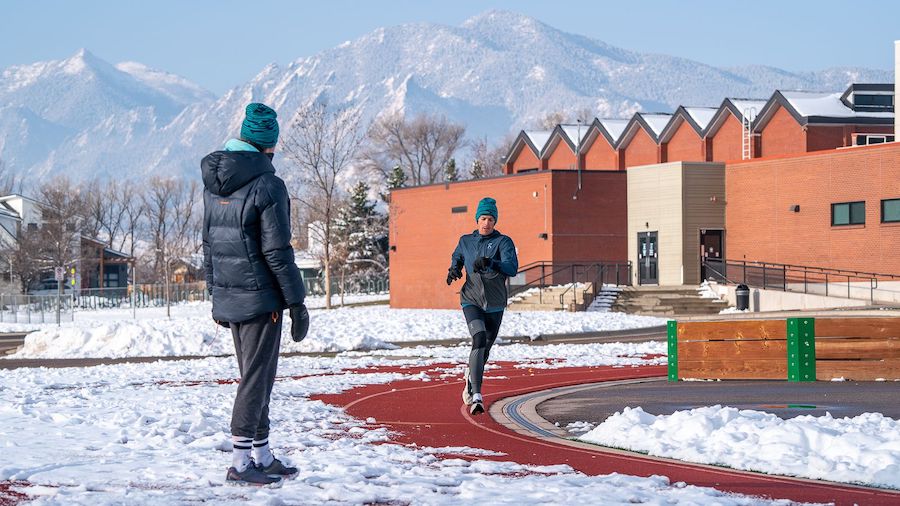
Coaching endurance athletes is an art, a science, and a craft.
We offer this selection of coaching-related articles, videos, workshops, and guides to help coaches begin to explore the support available for coaches through Fast Talk Labs.
Contact us with your questions, clarifications, or requests at coaches@fasttalklabs.com.

In collaboration with Dr. Stephen Seiler, the “father of polarized training,” we have curated everything you need to know about the 80/20 training method.
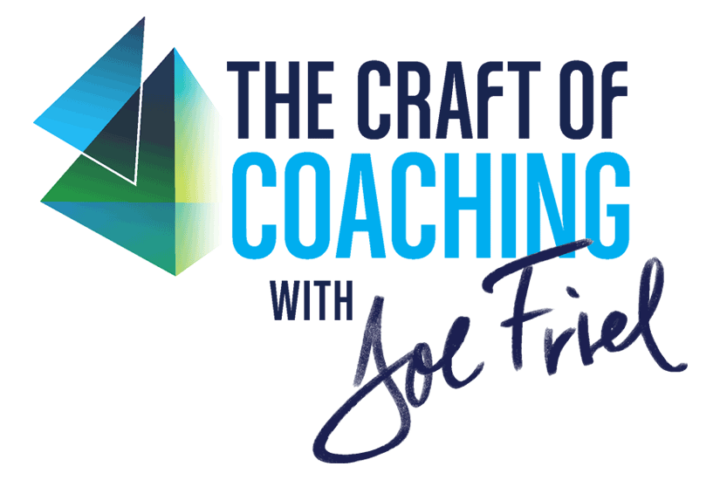
The Craft of Coaching is Joe Friel’s ultimate guide to becoming a better, more successful, and happier coach.
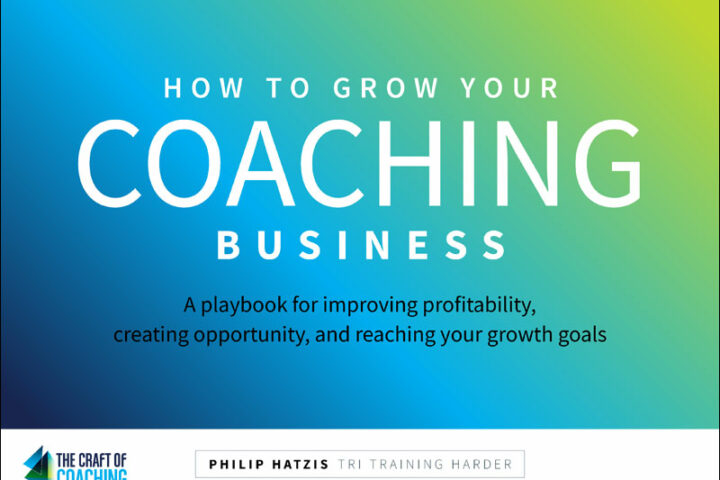
These Playbooks are free downloads that augment the useful content in The Craft of Coaching with Joe Friel through deeper dives into specific aspects of coaching.

Learn advanced data analysis for cycling, triathlon, and running workouts and races. With new data analysis tools, you can make better decisions about your training.
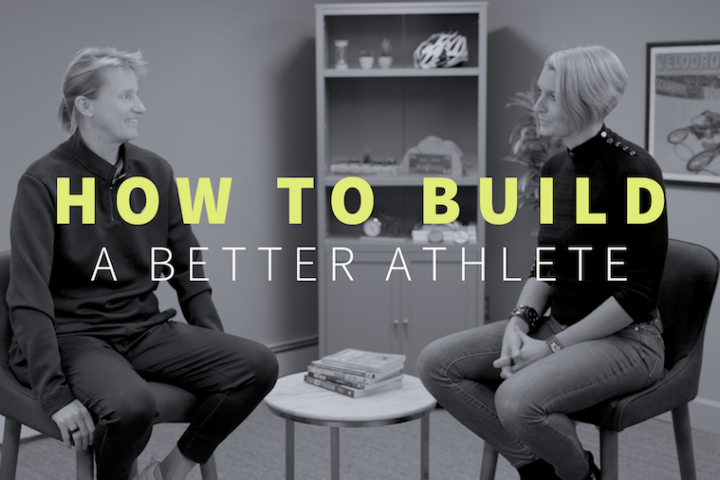
Strength and conditioning coach Erin Carson shares her insights and expertise on building durable, happy, successful athletes—and it’s about more than just lifting weights in the gym.

The options for data and devices are endless and some athletes need their coach to intervene. Coaches Ryan Kohler and Alison Freeman describe the metrics that matter most.

The goal belongs to the athlete—not the coach. It’s the coach’s job to help the athlete give shape to the final product.
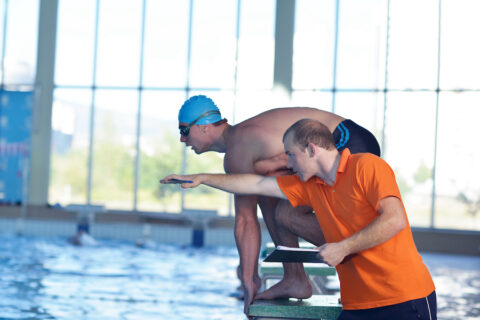
Goals are best evaluated in the rearview mirror. Joe Friel reflects on the goals of three endurance athletes, highlighting lessons learned.
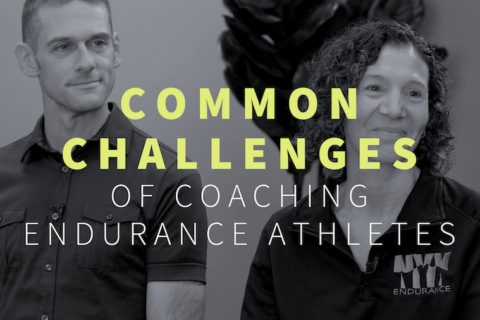
The typical endurance athlete is time-crunched, which triggers a number of challenges for coaches around rest and recovery.
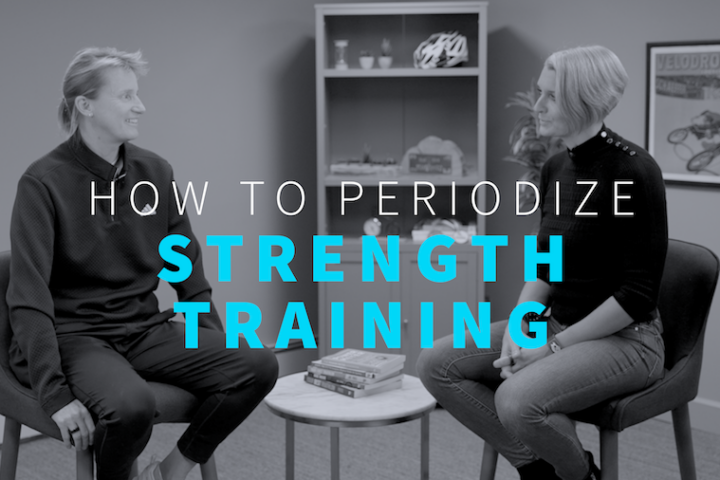
A top strength coach shares her insights on how to structure strength training for endurance athletes.
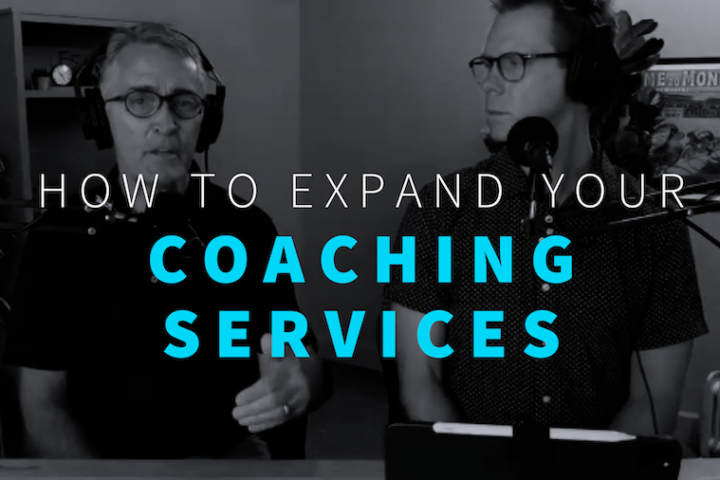
Most coaches have additional expertise to offer their athletes as services, but there’s more than one way to grow your coaching business.
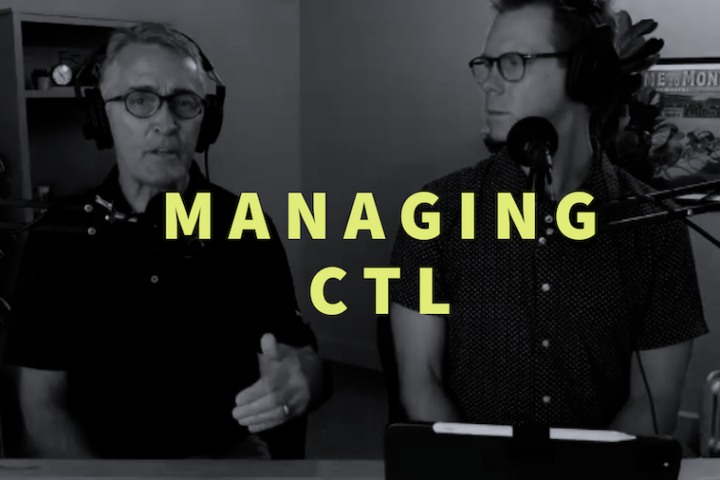
Coaches want to see CTL, or fitness, on the rise. But there are times in the season when CTL will go down. Joe Friel explains why this is critical.
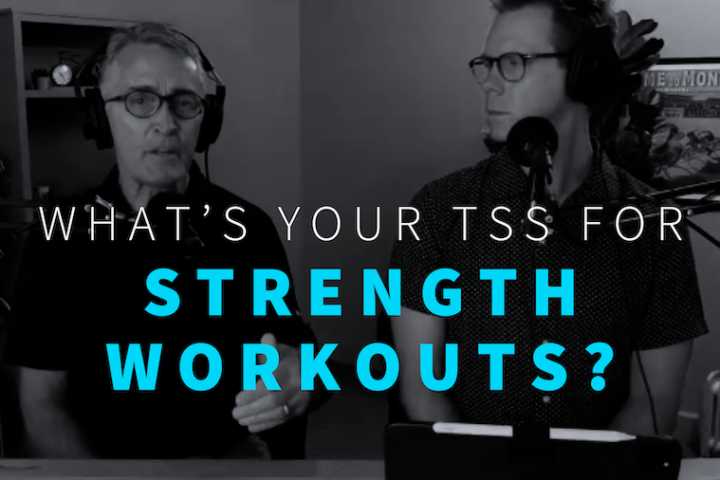
Should strength sessions be factored into an athlete’s Training Stress Score? Joe Friel explains when and how to score cross-training.
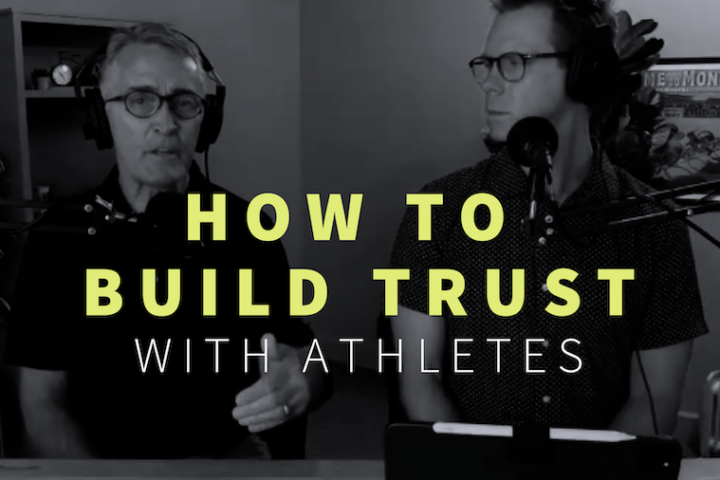
What’s the best way to handle an athlete who has a plan of their own? Joe Friel talks about the coach-athlete dynamic and how you can use doubt to strengthen the relationship.
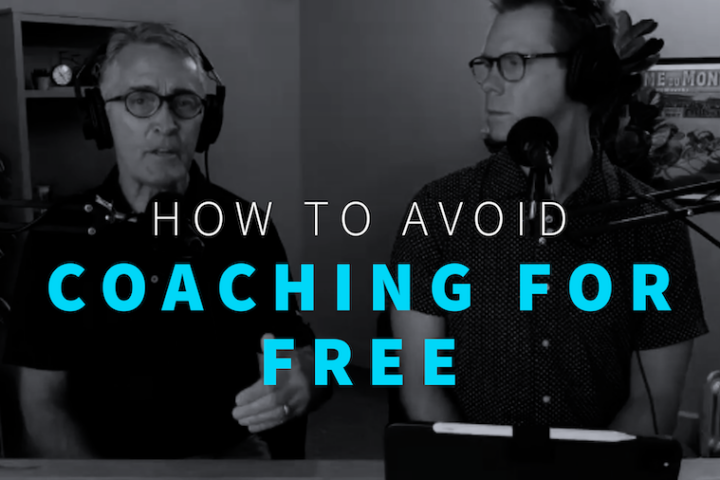
Good intentions can lead many coaches to give away their time for free. It’s a costly mistake that will hurt your coaching business.
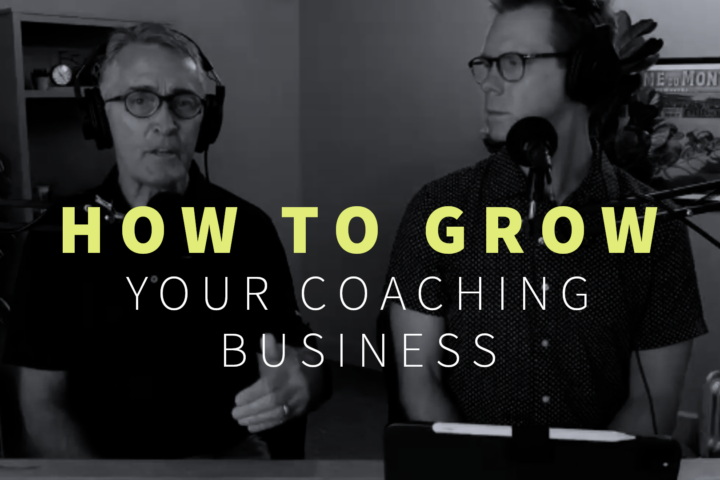
How many athletes should a coach take on? Many new coaches try to build their client list quickly, but it’s easy to trade effectiveness in the rush for scale.
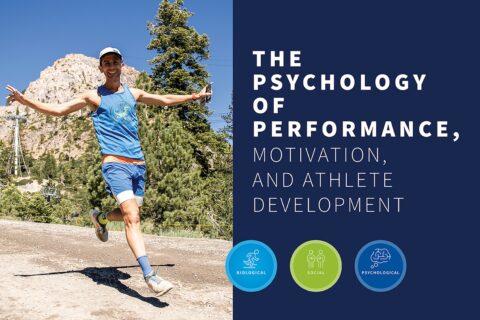
Explore the psychological and social side of performance with the help of experts who specialize in sport psychology, mental performance, and athlete development.
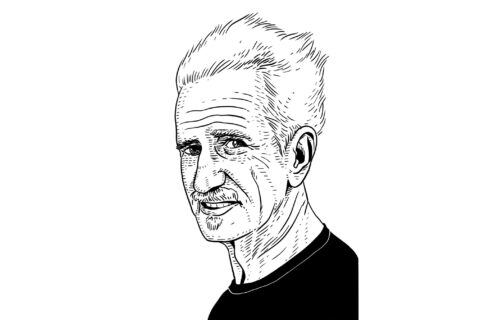
A rigorous, holistic approach to mental and physical training steeped in high-intensity sessions and hill running at a beachfront property would likely appeal to today’s athlete. This Australian running coach was ahead of his time.
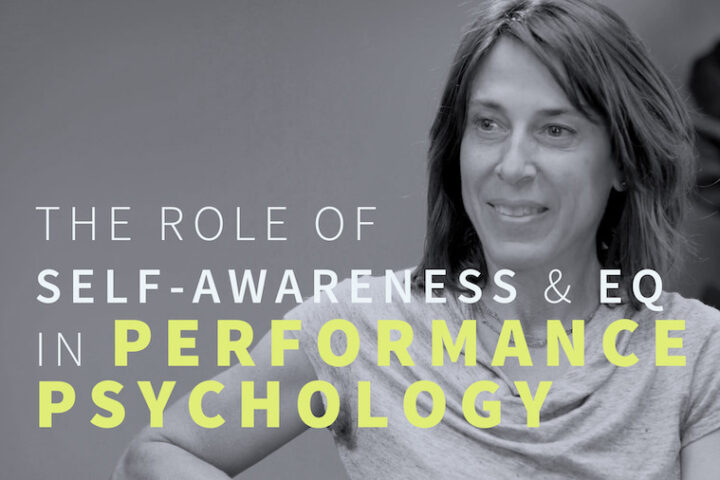
Dr. Julie Emmerman joins Emma-Kate Lidbury to talk about the role that self-awareness and emotional intelligence can have in performance psychology.

Much to the surprise of some coaches, mental performance expert Jeff Troesch argues that you can have commitment from your athletes without trust. He explains how—and why—this is important.
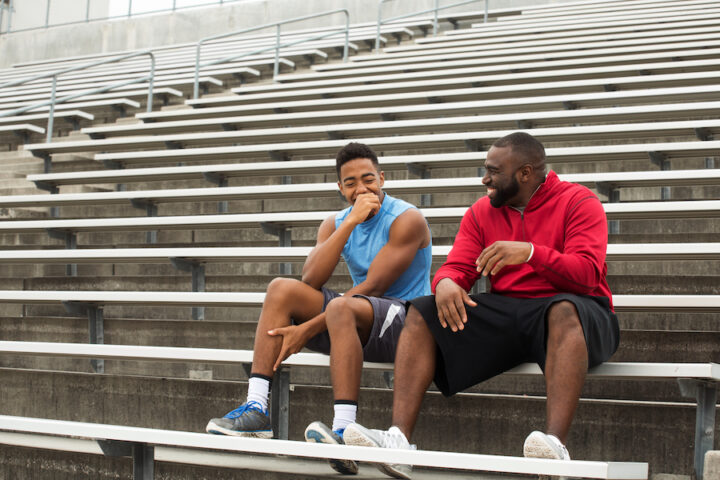
The degree to which you cultivate a positive coach-athlete relationship will enhance your athletes’ race performances—and help you retain them as clients.
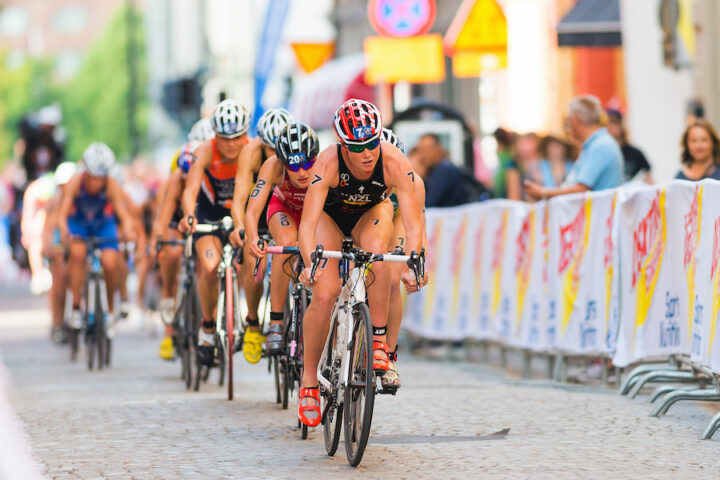
Coach Rob Griffiths describes the method he used to help an athlete shift her passion and motivation to make positive changes and avoid burnout.